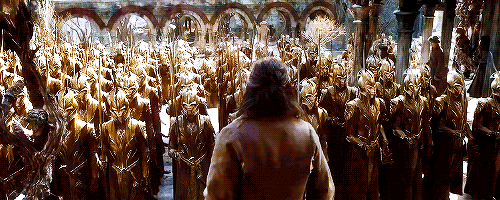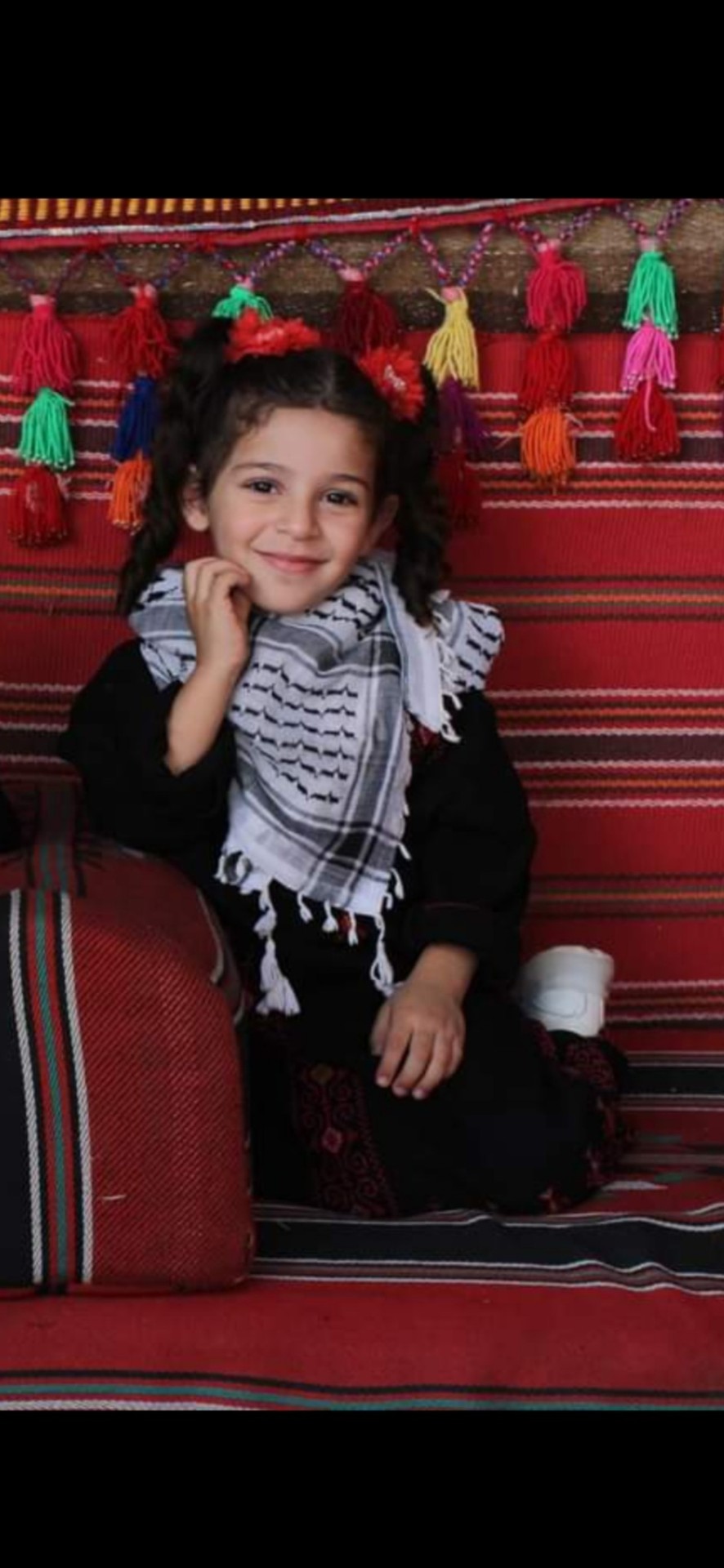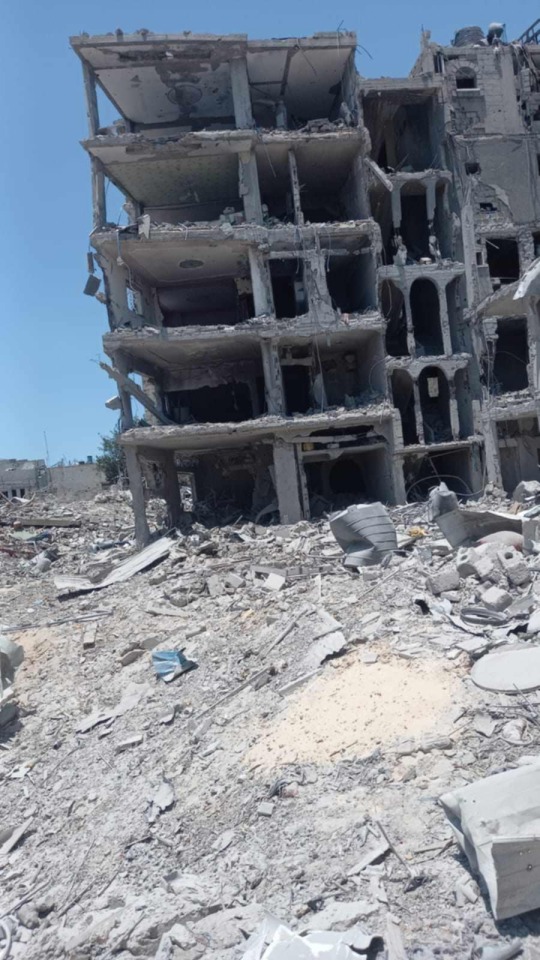M0th-b0nes - Hi :)
More Posts from M0th-b0nes and Others
let's recap what we've learned about the United States in the last few days.
things that are terrorism:
allegedly shooting a healthcare CEO whose company generated more pure profit (not revenue, profit) in a year than the GDP of 94 countries, exclusively by denying coverage to people who pay for it
a 42-year-old mother of 2 using the wrong combination of 7 words during a heated conversation with a call center employee at a health insurance company who was in the process of denying her health coverage.
things that are not terrorism:
mass shooting in a Black church to incite a race war
going to a BLM protest specifically to kill protestors
a neo-nazi running over a crowd of people, killing a woman
targeting and killing 23 latinos in an el paso, texas walmart
killing 12 people in a theatre, shooting 58 others, rigging your apartment with explosives
a QAnon groyper killing 7 and shooting ~50 at a 4th of July parade
killing 3 people and shooting several others at a Planned Parenthood in defense of the unborn
stalking someone relentlessly and then killing them and their child despite months of the victim making police reports
any one of the 1,200 murders committed by US police yearly, the vast majority being minorities
tightening your border while ~100 immigrants (including children) drown every year in the Rio Grande
United Healthcare killing an unnknowable number of elderly people by using faulty AI to deny medically necessary coverage
Aetna killing a woman by refusing to cover her cancer care
Blue Cross killing a 6-year-old by denying her appendicitis surgery
Cigna killing a 17-year-old child by denying her liver transplant
the pharmaceutical industry killing half a million people with opioids in the name of producing revenues in 2023 that rivaled the GDPs of countries like Spain, Mexico, and Australia.
the United States killing 45,000 people a year because they can't access health coverage
make sure you keep this guide handy the next time you find yourself interacting with your insurance company or any other millionaire, billionaire, or an individual who is part of a protected class such as a CEO or president of a corporation.
ꜱᴏꜰᴛ ᴛʜɪɴɢꜱ ᴛʜᴀᴛ ᴍᴀᴋᴇ ᴍᴇ ꜱᴄʀᴇᴀᴍ (a romantic's list)
hands clenching
like asdfghjkjhgfds
specifically *that* one
reaching for each other in the dark
pulling them close for a hug
hugs just hit harder than kisses 97% of the time
*knowing* they are behind you and feeling their every move
defending one another (healthy)
leaving little notes
HANDWRITTEN LETTERS.
running back for a last kiss
huddled together under an umbrella
falling asleep on their lap
people watching on the train
staying up late talking
"this made me think of you"
looking for their opinion first
rings rings rings
HANDS.
those soft smiles where the corners of their eyes crinkle up
EYES.
and the quirk of lips.
squeezing hands to let them know they're there
looking at them when something reminds of you of them and they're looking right back smiling
impromptu meetings
stifling each other's laugh while laughing
knowing looks
pulling them closer when the heart pangs
rubbing circles on your skin with their thumb
long conversations even after they should have left
when your heart squeezes when you see them
they holding you back after you try to leave
laughing in your ear
SOFT LAUGHS.
falling asleep to a movie flickering over your faces
their big fight is gonna melt my face off


Creating a Distinct World

@kaulayauwrites said:
what is, in your opinion, the best way to world build? how can you avoid writing a bland, archetypal universe or copying an already existing one? sorry if I’m not being clear, haha, and thanks so much!
Hey there, thanks so much for your ask! I honestly love talking about the world-building process, so I’m really glad you sent this; let’s dive right in!
Best Way to World-Build?
In my opinion, there isn’t a best way to world-build. The “best” process depends on what is needed and what you’ll actually need to know for your writing. What follows isn’t necessarily what I would call the best way, but it’s a good way to cover your bases and opens up a lot of options for going in-depth with details. (It’ll be a bit of a long list, but definitely worth it in the long run.)
For each country you’re going to include or mention in your story, think about:
Name
Capital and major cities, and locations
Border shape
3 most common landforms
Historical sites or places that mean a great deal to the people living there
General economic scheme (ex. capitalist, Communist, Socialist, etc)
Most important laws
Major differences from the character’s homeland
Military setup (different branches, enlistment age, etc)
Climate
Relations with surrounding countries
Societal norms (gender roles, public & professional behavior, etc)
Stance on LGBT+ rights, and treatment of LGBT+ people
Most and least respected professions
Common religions
Stereotypes about this country (any and all)
Common pastimes and hobbies
Popularity of sports, movies, and other forms of entertainment
Genres of music (and possibly stereotypes of people who listen to them)
Language(s) spoken
Beauty standards and the commercialization of them
Commercialization that feeds off of the peoples’ insecurities
For each city you’re going to include or mention in your story, think about:
The “aesthetic” (think of it the way NYC’s aesthetic is taxis, skyscrapers, and nightlife)
Public opinion of street performers
Any recreational centers and common activities
Popularity of a town counsel or the idea of opening to the public for improvement ideas
How well-known the city is by everyone around it, or how much of a tourist attraction it might be
State of educational buildings
Percentage of unemployment versus those who are actively searching for jobs, and how this affects the city’s reputation
3+ popular businesses, maybe food or clothing stores
The way business is generally conducted
Opportunities for nightlife (etc. bars, night clubs, etc)
Usual daytime attire, usual nighttime attire
Any sort of tradition (ex. sharing dreams in the morning, praying before meals, etc)
Stance on more advanced technology
Treatment of different age groups
Again, cliches and stereotypes that might exist of people who live there
Most common architectural style (ex. modern, Victorian, etc)
Commonly seen colors
Any inflation that might exist, local economic troubles
People’s opinion on the government as a whole (then in-depth, if you want)
As you can see, these two lists are very open-ended. I can’t go too far in-depth with world-building ideas and explaining, because it’s all up to you to create this world. Every single item on this list here can be expanded into tons of different things, but if your goal is just to cover your bases and explore needed details then I think this would be a good place to start.
Making Your World Distinct
This can be pretty tough, honestly. There’s (almost) always a world themed around something out there that’s probably more well-known, famous even. Let’s start with everyone’s favorite wizarding world, that of the Harry Potter books. Your world can be as interesting and different as it gets but because it includes wizards, someone out there is always going to relate it to Harry Potter. So how can we avoid this?
There’s one proven way to this this, especially if you don’t want to change your world. Accentuate any and all differences that would set your story apart from a more well-known world. Maybe our wizards’ spells depend on a material transaction, or they won’t work. Maybe there’s some sort of wizarding god who must be pleased to cast a successful spell. Not so much like HP anymore, huh?
Just remember, there’s a huge difference between world-building through details and world-building through exposition. Both are acceptable, but both have their own appropriate time to be utilized. Take a break from telling the reader flat-out how this thing works, and instead reveal it through the world’s details. Not only does this help treat your readers like the competent individuals they are, it also immerses them so much in the world that there isn’t much of a chance to compare your world to others.
Tl;dr—World-building isn’t really something that can be explained for you by someone else. There are certainly questions that exist to help you, but following a guide that works for someone else might not work for you. Explore the details! (And let the reader explore them, too!)
So this happened in the latest episode of the Daily Wire's "Mr. Birchum"...
Credit to VelvetWonder on Twitter.
World Building Tips: Empires and Power Structures
World building is important in any setting. There are places, such as fantasy literature where it can become the difference between a believable world and an unbelievable one. Suspension of disbelief is often a critical part to stories.
Many fantasy books take place during times of war, or revolution or even a fall of a corrupt empire. I love reading these sorts of stories, as many people do. Power structures can be complex. They can be used to create tension and drama between characters - take for instance the hero versus the corrupt government troupe in fiction such as The Hunger Games, Harry Potter or even more traditional fantasies such as Tigana ( by Guy Gavriel Kay) or The Wheel of Time series (by Robert Jordan). As a reader it can be compelling to follow these stories. For writers though, it can seem daunting to go into the details of shaping a believable power structure. Here are some basic tips for creating one.
There are four crucial factors to any power structure. These are as follows:

1. Military - this includes the size of the army, the types of technology used (guns or swords? navy or land army?), the basic structure of the army (is it highly regimented like the Romans? What are the different groups within the army? How are they divided - by technology, skills or social status?). Another important question here is why has the military developed in this way? The Roman military, for example, grew out of competition with other Italian states. The opposition is equally important here - who were/are they within your story? Apply the above questions just as much to them, because empires and other structures are influenced by the world around them. The military can be the reason an empire begins in the first place. The military should also play a role in sustaining the power structure/empire. It doesn’t have to be the strongest factor by any means. It may even become the downfall of the structure in the end.

2. Economy - How is your power structure or empire funded? Does this change over time? Does your empire take part in internal or external trade? Is trade important to the running of the empire? Resources such as crops, fertile land or people are also a part of this and influences the larger actions (such as conquest) your structure takes towards other countries. Trade can be a form of control and influence as well, even outside of the structure’s territory. In terms of story, a lot of decisions that are made involve trade or economic reasons - no one wants to get on the wrong side of someone who controls valuable resources or trade with other entities. The British Empire was based mainly on trade and this insured a global influence even as it declined in actual power.

3. Administration: The system of government and the way it manages itself is important to know. Is it a traditional monarchy or a democracy? How is leadership decided? How is power delegated throughout the larger administration? Hierarchy? One person can’t do or know everything. In terms of empire and conquest this is equally important. Does the empire recruit the local elites from conquered areas to administer to the general public, like the Romans? If your story is set in the outskirts of your empire, this could effect the outcome of the story - local elites might enjoy the power they have gained through an alliance with the larger empire and thus be unwilling to revolt against it. What other ways does your power structure control its territory? Does it use culture, or a set language to spread out into new territory? What kind of empire is your empire? Is it land based (only conquering territories linked by land) or maritime (navy focused with overseas territory)?

4. Culture: How does your power structure interact with its subjects? Even in a small area, different ethnic groups exist, so what unites all of them together? Are they all united, or is there groups of people the power structure leaves out? Have they always been left out deliberately or have these groups formed over time?How does the the government and the people from inside the empire view outsiders and their culture? Does this influence your story or characters? Do negative stereotypes or different language create a barrier between your character and others? In newly conquered areas is the empire’s language, laws and social ideals endorsed to locals or is it forced upon them? Is religion important to how the empire works or interacts? For example, before war do the gods need to show approval for the empire’s commanders? What about clashes of religion with other areas? Where do cultures intersect? Is your empire influenced by an older power or a hard past? What is seen as integral to your structure’s culture - art, literature, music etc? Are allies connected with your structure through culture, a shared distant history?
Most power structures rely on all of these factors - but none are ever equal in importance. Your government will identify one or two of these areas as important and focus on them. This can impact how the structure comes together and eventually falls apart - the greatest strength becomes a weakness, or something is overlooked until it is too late.
This is a long post - so I’m going to leave it here for now. If you guys have any questions, feel free to use the Ask feature to contact me.
goodnight everyone (:
do your daily click
spreadsheet of families in Gaza you can help today
donate to:
Buy an e-sim
Help diabetics in Gaza
The PCRF
Anera
UNRWA
Taawon
Help Gaza Children
Sudan Tarada Initiative
Help a Sudanese family escape conflict
Darfur Women Action
Ramadan for Sudan
Period products in Sudan
Sudan Emergency Appeal
Hello dears I hope you are all well please help me!!!
I am Ahmed Halas from the besieged North Gaza, I have created my campaign to help my family and save them from the suffering they are living. Our lives, hopes and ambitions have been destroyed, our livelihood has been destroyed, we have lost dear friends and many relatives, our house has been completely destroyed, we live in a plastic tent in the middle of an UNRWA school and we suffer from the heat of the sun which causes headaches, migraines, body allergies and many diseases. There is no food, water, medicine or basic life requirements and the prices are terribly high, we cannot afford to buy anything.
In the meantime, this fundraising campaign has been started so that people can donate so that we can regain momentum in case the unfortunate circumstances cannot be fixed. Ahmed Halas and his family have already registered and are likely to be called to leave soon. This money is for their evacuation. Let's aim to evacuate them all together!!!

Ahmed's message:
Hello, I am Ahmed from the Gaza Strip, I am still alive after ten months of war. This is my fifth war too. But this war is unlike any other. I am trying to raise money for me and my family, as we are determined to leave to safety while this disaster continues. We want to leave the Gaza Strip towards Egypt through the Rafah crossing and Hala Company.
This was a very difficult decision for me, but this is my fate and the fate of my family. I feel ashamed to ask you to donate enough to save me and my family of 20, most of whom are young children, by raising enough money to reach safety. "Hala Company details are at the bottom of the article." Please participate, even if it is a small part. Donate any small amount, share my photos, share your story, anything that makes a difference. I have complete hope in you and your generosity.
Father Fathi suffers from heart disease, diabetes and high blood pressure, and son Mahmoud suffers from back and cartilage pain, which is why he does not have a medical mattress due to sleeping on the floor, which makes him feel severe pain.
Oh my God, what happened to us, I lost my memories and dreams that I have dreamed of for a long time, my house where I lived my childhood, nothing remained inside it, it was a pile of fire, and I lost my source of livelihood and my baby clothes store was completely destroyed, which led to the accumulation of debts that I was committed to from merchants that I obtained a few days before the current wave of war.
Note: Ahmed will try, when the circumstances are complete and I collect a sufficient amount and I am able to reunite the entire family here in Gaza, by moving my family to a safe place and regaining some comfort or trying to go to Egypt, knowing that the cost per person now is $ 5,000 for an adult and $ 2,500 for a child. The price may fluctuate. Please help us by donating even the simplest things or by participating in our campaign, and I will be grateful to you





-
 phillychizsteak reblogged this · 1 week ago
phillychizsteak reblogged this · 1 week ago -
 timbitsy liked this · 1 week ago
timbitsy liked this · 1 week ago -
 randomstuff1124 reblogged this · 1 week ago
randomstuff1124 reblogged this · 1 week ago -
 motherofpendragons reblogged this · 1 week ago
motherofpendragons reblogged this · 1 week ago -
 alwaysyourqueen reblogged this · 1 week ago
alwaysyourqueen reblogged this · 1 week ago -
 dullercolors reblogged this · 1 week ago
dullercolors reblogged this · 1 week ago -
 dullercolors liked this · 1 week ago
dullercolors liked this · 1 week ago -
 lozalot liked this · 1 week ago
lozalot liked this · 1 week ago -
 leisurely-breakfast liked this · 1 week ago
leisurely-breakfast liked this · 1 week ago -
 sirmedicknight reblogged this · 1 week ago
sirmedicknight reblogged this · 1 week ago -
 spaceguylewis reblogged this · 1 week ago
spaceguylewis reblogged this · 1 week ago -
 catlinen reblogged this · 1 week ago
catlinen reblogged this · 1 week ago -
 yfan1814 reblogged this · 1 week ago
yfan1814 reblogged this · 1 week ago -
 notaprotagonisttimor liked this · 1 week ago
notaprotagonisttimor liked this · 1 week ago -
 notaprotagonisttimor reblogged this · 1 week ago
notaprotagonisttimor reblogged this · 1 week ago -
 cawgeyamas reblogged this · 1 week ago
cawgeyamas reblogged this · 1 week ago -
 skyesthelimit17 liked this · 2 weeks ago
skyesthelimit17 liked this · 2 weeks ago -
 lotussokka reblogged this · 2 weeks ago
lotussokka reblogged this · 2 weeks ago -
 trash-ben liked this · 2 weeks ago
trash-ben liked this · 2 weeks ago -
 thatsimplefeeling liked this · 2 weeks ago
thatsimplefeeling liked this · 2 weeks ago -
 mattressdemon reblogged this · 2 weeks ago
mattressdemon reblogged this · 2 weeks ago -
 ahappydancer reblogged this · 2 weeks ago
ahappydancer reblogged this · 2 weeks ago -
 holycoffeepersona reblogged this · 2 weeks ago
holycoffeepersona reblogged this · 2 weeks ago -
 solarcandydrops reblogged this · 2 weeks ago
solarcandydrops reblogged this · 2 weeks ago -
 tiko8 liked this · 2 weeks ago
tiko8 liked this · 2 weeks ago -
 fuckyeahsnackables reblogged this · 2 weeks ago
fuckyeahsnackables reblogged this · 2 weeks ago -
 kingofthearsinal liked this · 2 weeks ago
kingofthearsinal liked this · 2 weeks ago -
 decisively-o-indecisive liked this · 2 weeks ago
decisively-o-indecisive liked this · 2 weeks ago -
 littlesurskit liked this · 2 weeks ago
littlesurskit liked this · 2 weeks ago -
 froggeultra reblogged this · 2 weeks ago
froggeultra reblogged this · 2 weeks ago -
 a-wilde-oscar-appeared reblogged this · 2 weeks ago
a-wilde-oscar-appeared reblogged this · 2 weeks ago -
 spooksnhaunts reblogged this · 2 weeks ago
spooksnhaunts reblogged this · 2 weeks ago -
 too-many-muses reblogged this · 2 weeks ago
too-many-muses reblogged this · 2 weeks ago -
 cheeselerking liked this · 2 weeks ago
cheeselerking liked this · 2 weeks ago -
 han-nya-bb reblogged this · 2 weeks ago
han-nya-bb reblogged this · 2 weeks ago -
 flowercrownqueen liked this · 2 weeks ago
flowercrownqueen liked this · 2 weeks ago -
 athenafire liked this · 2 weeks ago
athenafire liked this · 2 weeks ago -
 chaoticqueertiefling reblogged this · 2 weeks ago
chaoticqueertiefling reblogged this · 2 weeks ago -
 clawcommanderabsinthe reblogged this · 2 weeks ago
clawcommanderabsinthe reblogged this · 2 weeks ago -
 clawcommanderabsinthe liked this · 2 weeks ago
clawcommanderabsinthe liked this · 2 weeks ago -
 angel-lost-in-space-blog liked this · 2 weeks ago
angel-lost-in-space-blog liked this · 2 weeks ago -
 tzeentchs-secretary-tea-time reblogged this · 2 weeks ago
tzeentchs-secretary-tea-time reblogged this · 2 weeks ago -
 tzeentchs-secretary-tea-time liked this · 2 weeks ago
tzeentchs-secretary-tea-time liked this · 2 weeks ago -
 miserymonday reblogged this · 2 weeks ago
miserymonday reblogged this · 2 weeks ago -
 miserymonday liked this · 2 weeks ago
miserymonday liked this · 2 weeks ago -
 rated-a-for-awesome reblogged this · 2 weeks ago
rated-a-for-awesome reblogged this · 2 weeks ago -
 rivenade reblogged this · 2 weeks ago
rivenade reblogged this · 2 weeks ago -
 rivenade liked this · 2 weeks ago
rivenade liked this · 2 weeks ago -
 ayduin-rambling liked this · 2 weeks ago
ayduin-rambling liked this · 2 weeks ago
